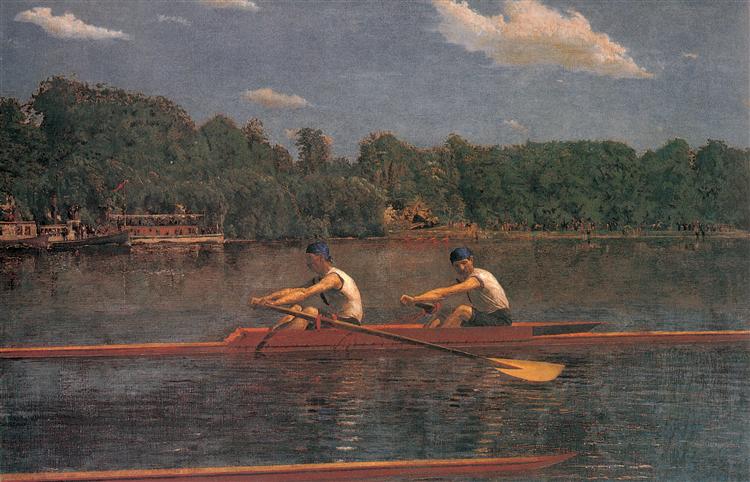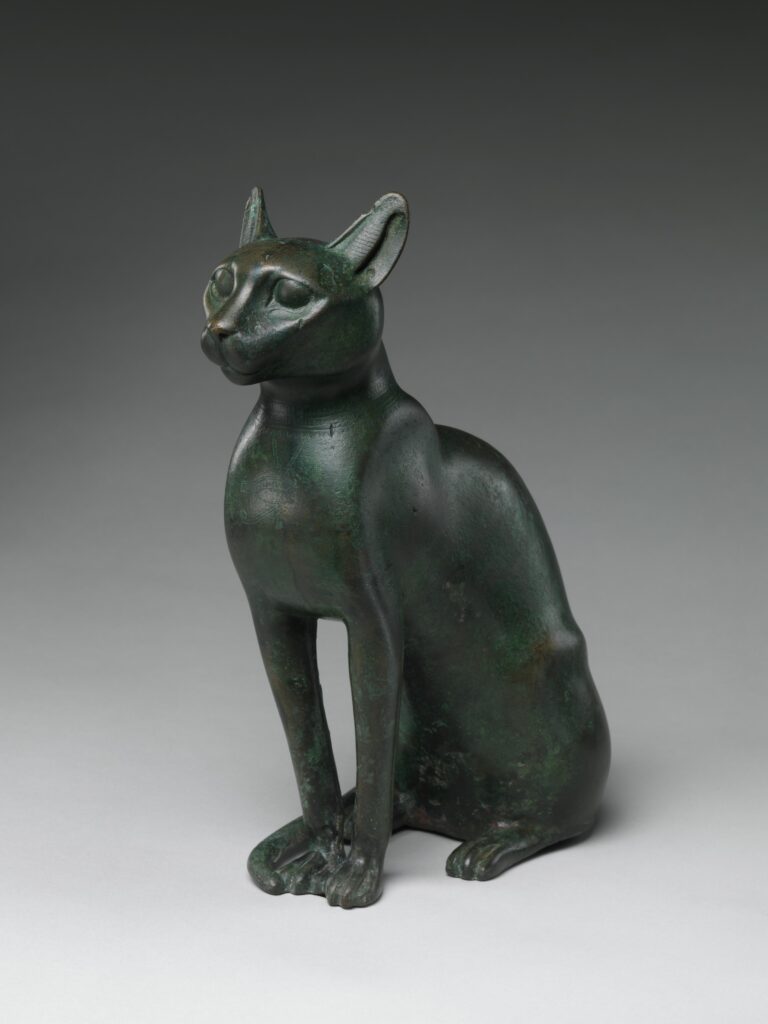
Classes for Parents
Come and See: A Glimpse into a Classical Classroom
What do you seek? What are your hopes for your child’s education? In this parent-focused session, UD presenters demonstrate some of the key teaching approaches we show teachers. We will have parents experience lessons and walk them through what happens, what they can do at home to support their child, and why this approach to teaching supports a child’s holistic formation and sense of purpose while also being joyful . Through this session, parents learn basic terminology of the liberal arts tradition.
1-1.5 hours


Habits and Virtue: Helping Our Children Excel
How can I develop better habits in my child? What is needed for children to grow in virtue? What type of atmosphere supports educating in virtue? With all that is going on in a child’s world, what does it take for them to excel and flourish in life? In this session, UD presenters will discuss how children grow in virtue and develop a range of habits from the practical and moral to the intellectual and spiritual, from building routines in the home to chores, self-discipline, and the importance of modeling behaviors. This session will provide parents with suggestions on how to support their school’s education in virtue so that children flourish and excel in life.
1-1.5 hours
How Can I Support My Student at Home?
This class is customized to campus needs. It is designed to equip parents to help their students at home. Parents often struggle with supporting a classical liberal arts education because they have never experienced it. In this session, parents will experience basic lessons and learn about the benefits of liberal arts pedagogy in areas such as: oral reading strategies, copywork, recitation, and narration.
1-1.5 hours


The Importance of Beauty
Why do we emphasize and incorporate the “extras” such as art literacy, music appreciation, nature study, and penmanship?
In this day of technology and data reports, we must not forget the ultimate purpose of education is the formation of the whole person: body and soul; intellect, will, and affections. Discover how the contemplation of beauty cultivates the soul through first engaging the senses, the imagination, and the affections in wonder.
1 hour
Classical Liberal Arts and Current Research: An Education for All
In this session, parents will learn basic terminology and review current trends in research that support a classical liberal arts educational philosophy in areas such as cognitive functions, habit formation, reading comprehension, and nature study. We will also discuss how methods of the classical liberal arts support all children, including those who need accommodations.
1 hour

